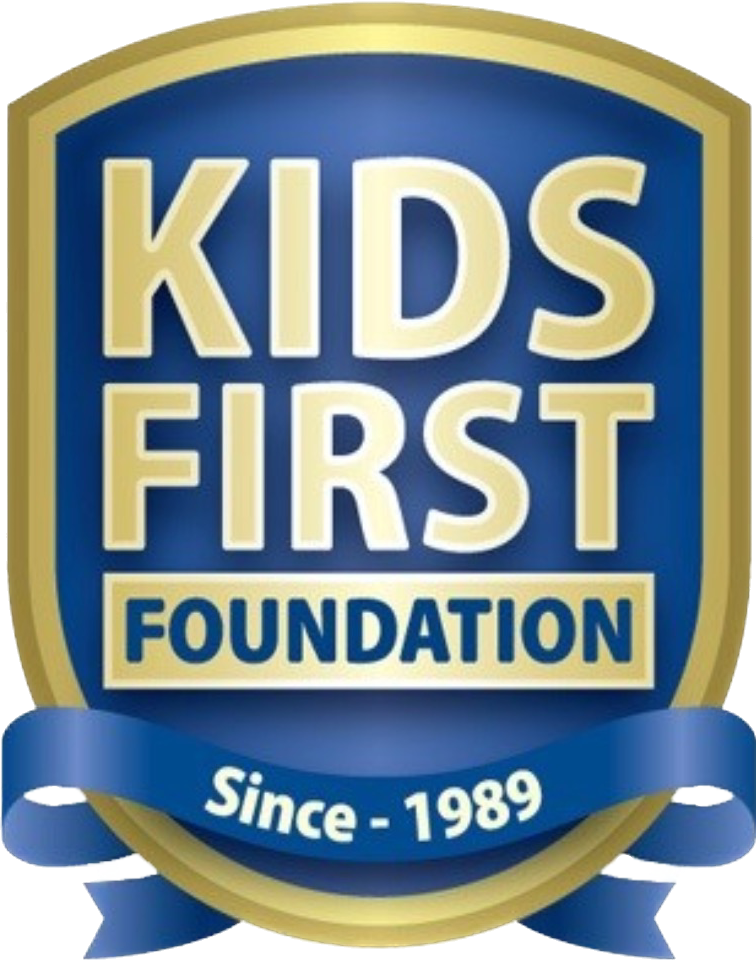How Shakespearean Therapy Helps Kids with Autism
It’s no surprise that children with autism spectrum disorder (ASD) have unique needs, and there are now many therapeutic approaches and methods to help these children learn social skills.
Since many children with ASD struggle with maintaining eye contact, recognizing emotions, and taking turns speaking, they may need to work with a mentor or teacher to learn these core skills in a safe environment.
Kelly Hunter, a British actress for the Royal Shakespeare Company, has developed a unique method of teaching children.
She noticed that many of the ASD students she taught in her Shakespeare program responded very well to the rhythm of the iambic pentameter and exercises that allowed them to flex their imagination.
She named it the Hunter Heartbeat Method about 10 years ago and it has since helped many children with ASD thrive.
These are set up as one-hour therapy sessions where a small group of children with ASD sit with a student actor from the university’s theatre department and play sensory drama games.
They get a chance to act out different emotions and verbally identify emotions based on the facial expressions they see firsthand. This helps them better understand emotional states of other people and react appropriately.
Several other drama therapy studies have shown many positive results:
Researchers at Vanderbilt University found that children with ASD showed a significant improvement in communication, social skills, and memory after completing a 10-week drama therapy program.
A year-long study at the Centre for the Arts in Human Development at Concordia University in Montreal also demonstrates the efficacy of drama therapy in pre adolescent children with high-functioning ASD.
Children with autism often have a hard time trying new activities, making friends & understanding non-verbal gestures. They may struggle throughout school and into adulthood when they don’t fully develop important social skills.
Shakespeare’s work, especially many of his dramatic plays, allows for a full exploration of human expression, communication, and emotion. Students with autism can socialize and learn in a safe environment as they improve their understanding of language and communication skills with drama therapy.


